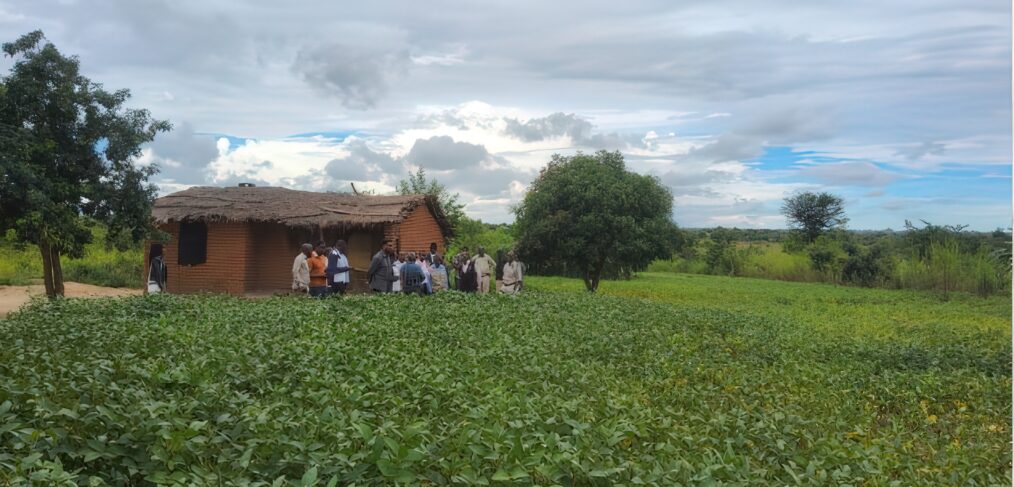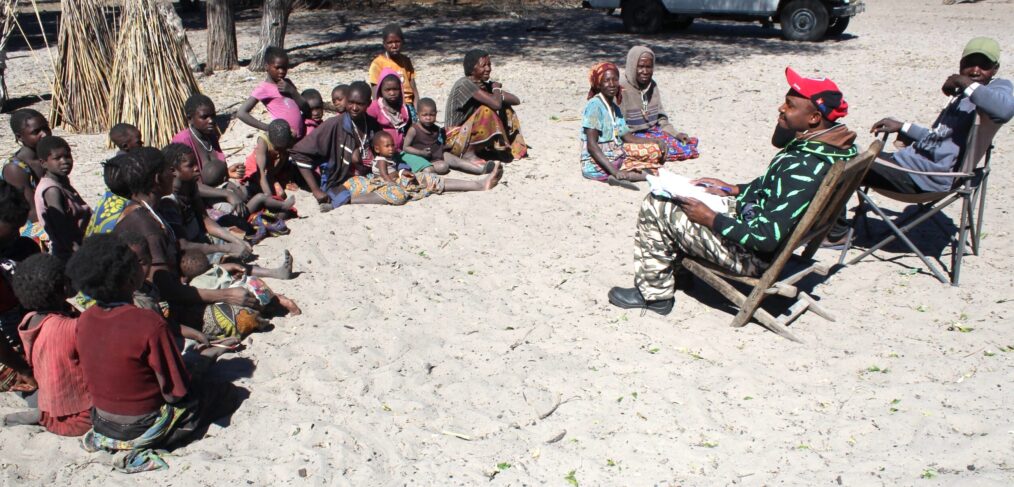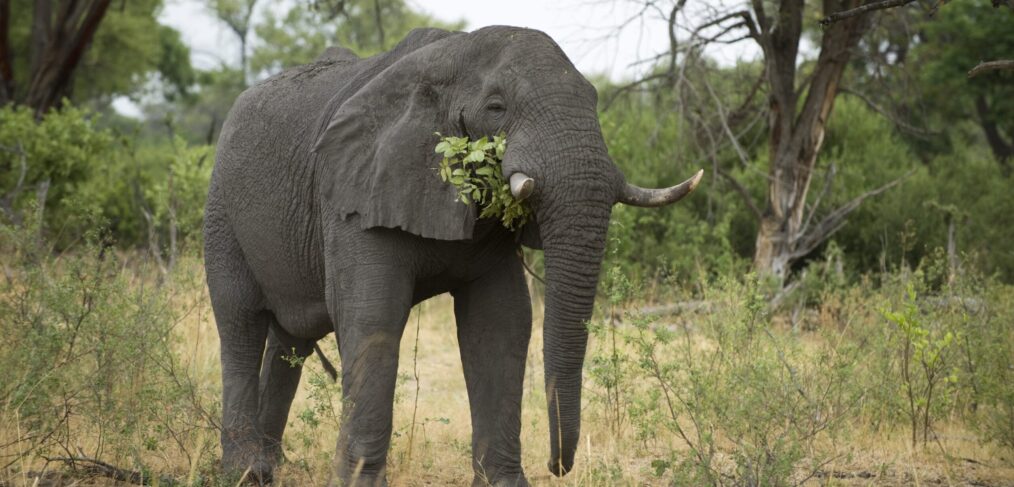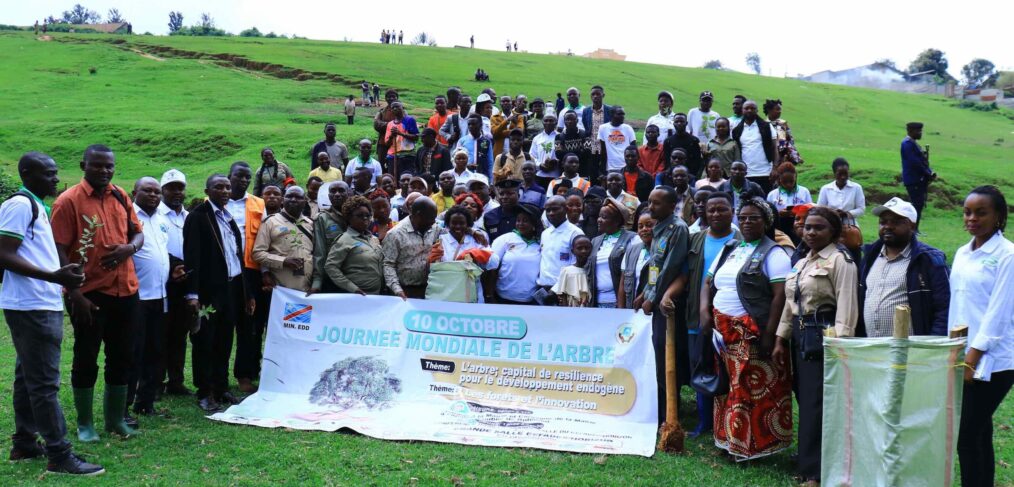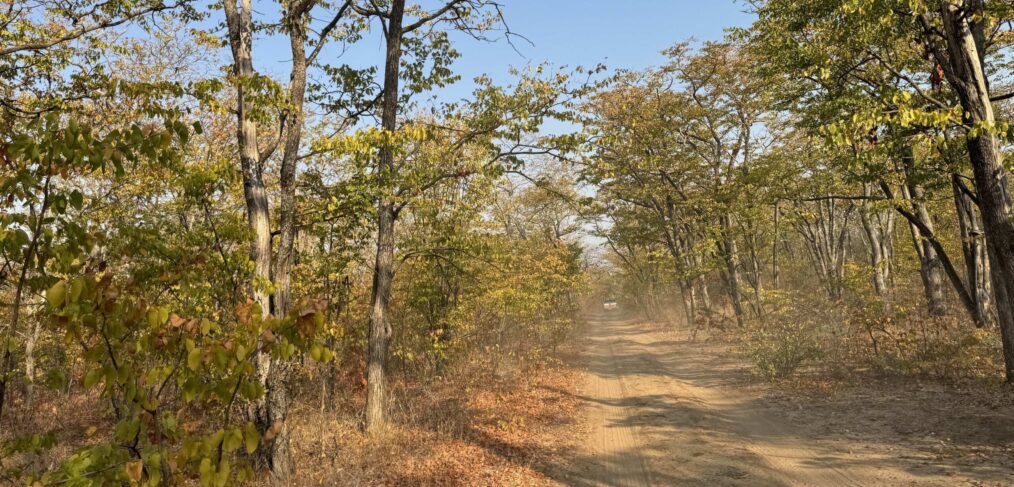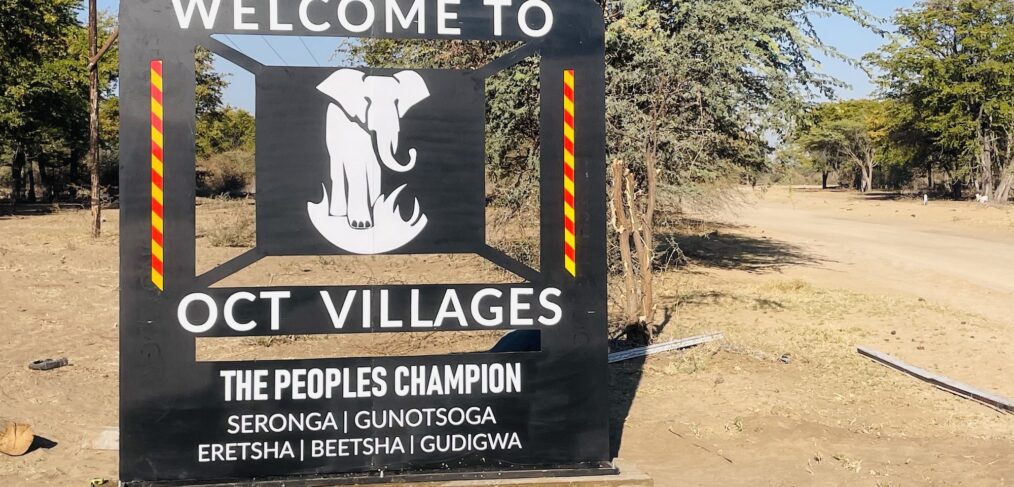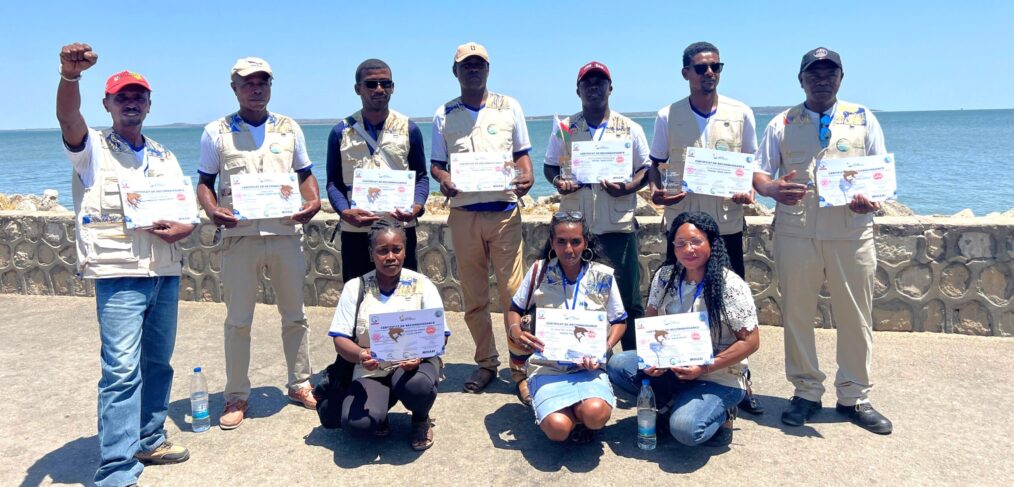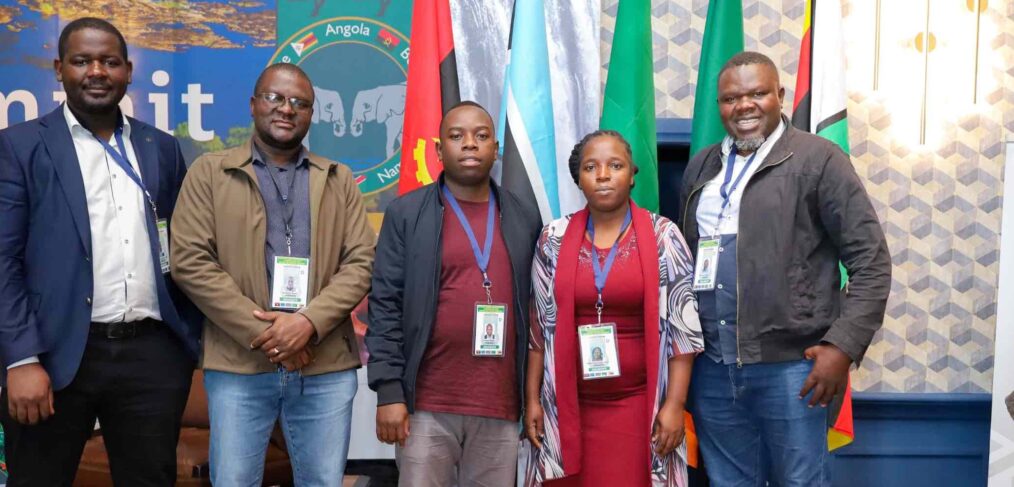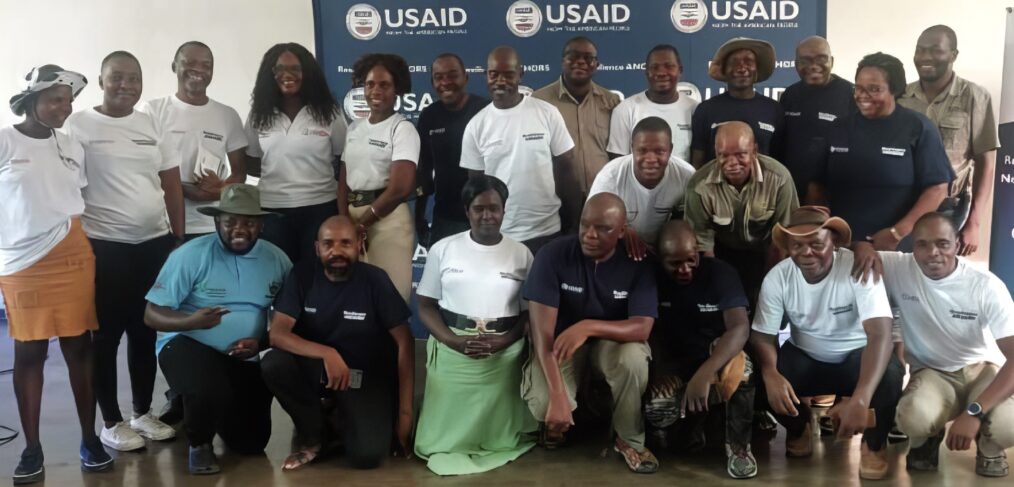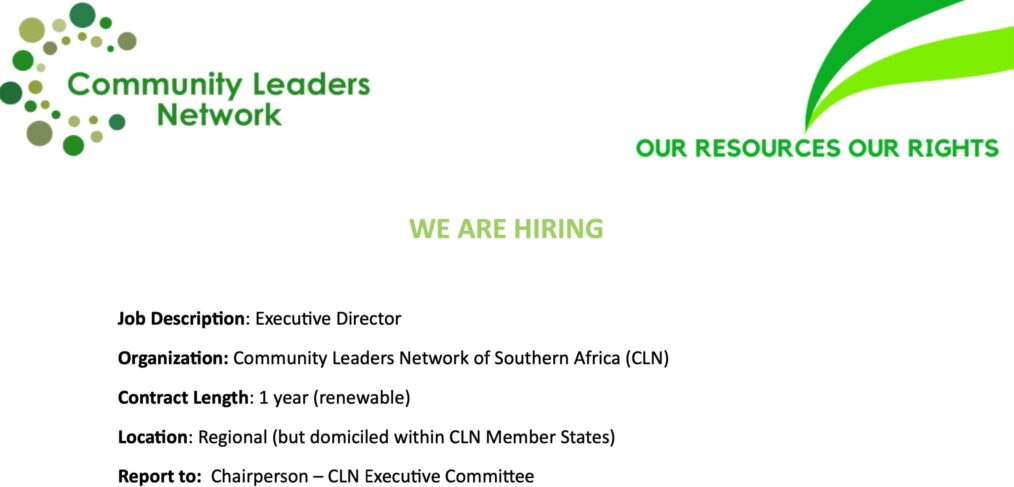Maria is a widow living on the edge of Kasungu National Park in Malawi. After her husband passed away, she was left with five children – two still in school – and only two acres of farmland. Maria’s life has been a daily battle against poverty, as she struggled to clothe and feed her children.
Out of desperation, Maria often ventured into the nearby national park in search of firewood and thatch grass to sell. This put her at risk of harassment from park rangers and attacks by wild animals, but she felt that she had little choice.

